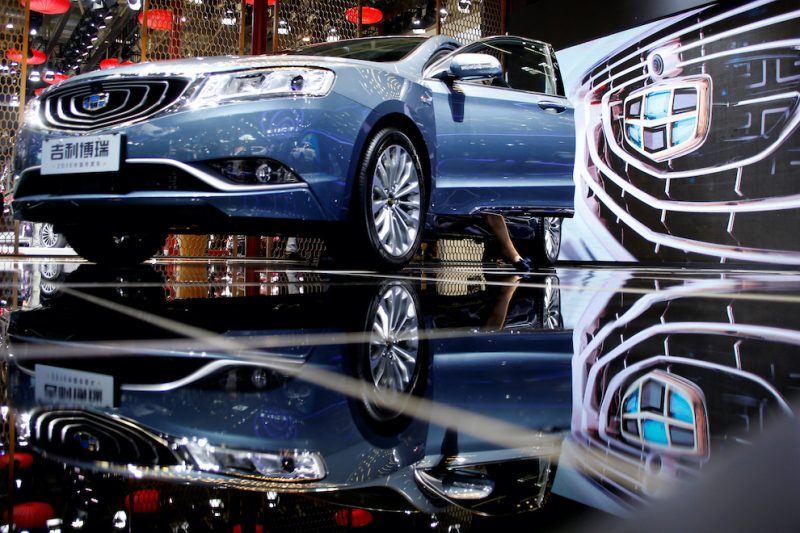Capital expenditure (capex) at large and mid-cap Asian companies is expected to slow amid rising interest rates and fears of deepening recession.
Companies globally are grappling with rising costs of raw material, labour and logistics as China’s zero-Covid policy has strained supply chains and Russia’s war on Ukraine has pushed up energy prices.
Capex spending is expected to grow 6.4% in 2022 and slip 0.7% in 2023, compared with a 13% rise last year, according to Refinitiv data. Budgets will on average fall next year, the first contraction since 2015, the data showed.
Businesses have sounded caution over slowing consumer demand and some sectors are expected to cut spending more aggressively.
Capex for Asian automotive manufacturers and their component suppliers is expected to plunge 16.5% this year although it may rise 2.1% in the next.
The region’s tech firms, which will still spend 8% more on capex than they did last year to catch the last of the demand generated by the pandemic, are expected to cut back by 3% next year.
Spending by consumer discretionary firms is expected to fall 7.8% in 2022 and rise 3.3% in 2023.
“There are increases in parts of Asia tech hardware – especially mature foundries – and capex is high for utilities or manufacturing firms that invest in changing their businesses,” Herald van der Linde, head of HSBC’s Asia Pacific equity strategy, said.
Utilities and industrial firms are expected to boost capex this year by 18% and 17% respectively.
Budget cuts will also vary by country, with data showing Malaysia and China making the deepest cuts at 12% and 4.7% respectively.
- Reuters, with additional editing by George Russell
READ MORE:
TSMC Could Increase Capex Spending – Commercial Times
Morgan Stanley Says Asia Capex Rebound Strongest Since Early 1990s
Asia’s Growth To Accelerate, Outperform US: Morgan Stanley
























